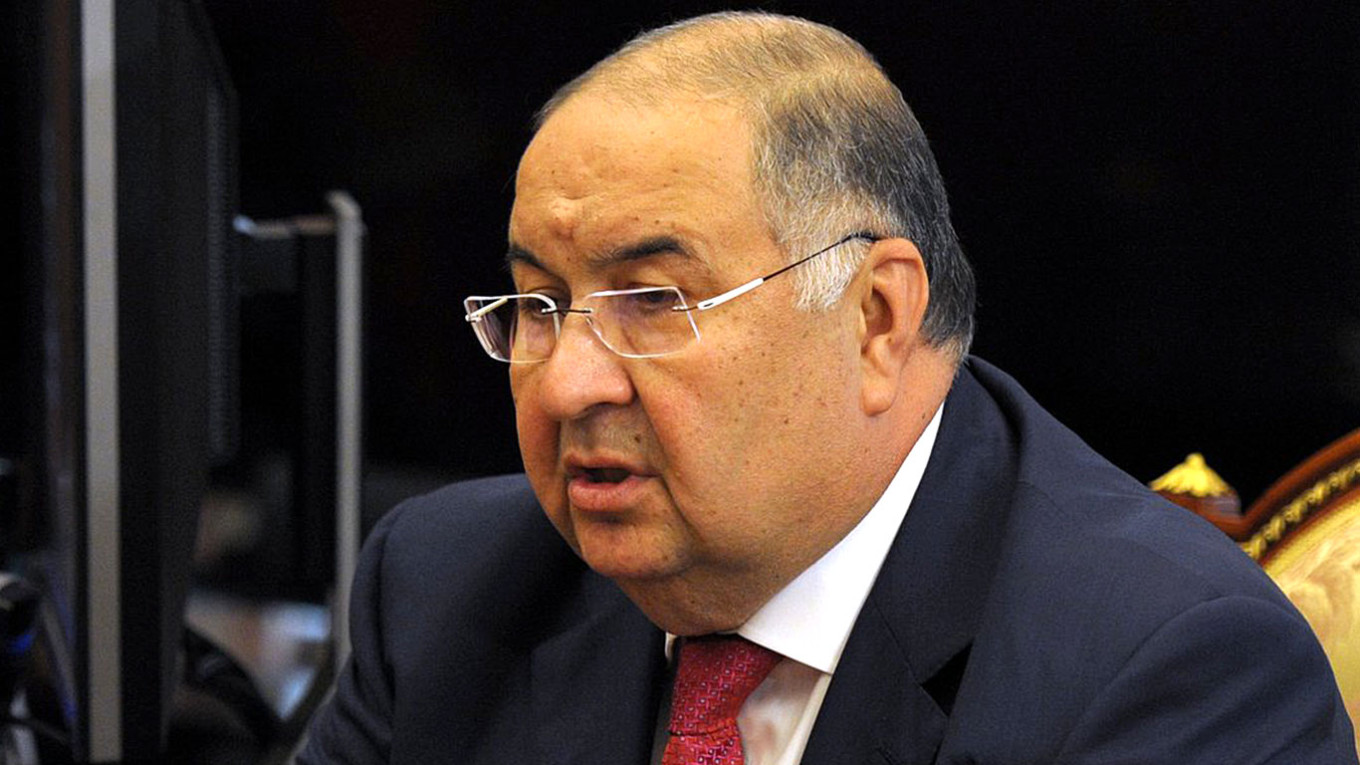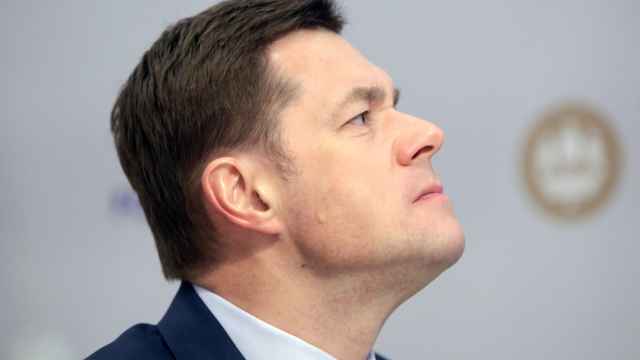Uzbek officials have been using meetings with the European Union to lobby for the lifting of sanctions on Russian-Uzbek billionaire Alisher Usmanov and his sister Gulbakhor Ismailova, the Financial Times reported Wednesday, citing sources familiar with the talks.
The Central Asian country has also signaled readiness to assist the tycoon in his legal action against the bloc should Brussels reject Tashkent’s overtures to lift the restrictions.
Both Usmanov and Ismailova were sanctioned by the EU soon after the Russian invasion of Ukraine in February 2022. Usmanov’s name was included due to his alleged close ties with Russian President Vladimir Putin, leading to a travel ban and the freezing of his EU-based assets.
In September, German authorities raided several properties linked to the oligarch, including a villa on Tegernsee in Bavaria.
German media reported this week that police confiscated 30 paintings owned by Usmanov. The art had previously been on display on his $600-million superyacht, Dilbar, which was seized by the German authorities earlier this year.
Investigators also raided UBS bank branches in Frankfurt and Munich on Monday in search of evidence in a money-laundering case against Usmanov. The oligarch's representatives have denied all allegations.
Usmanov’s sister Ismailova was sanctioned by the EU as Dilbar’s legal owner, as well as the legal owner of various other properties linked to the oligarch.
Uzbekistan’s Foreign Ministry declined to comment on the FT's story.
A spokesperson for Usmanov likewise declined to comment, but noted that the EU sanctions on the oligarch and his sister were "hampering investment and charity projects."
A Message from The Moscow Times:
Dear readers,
We are facing unprecedented challenges. Russia's Prosecutor General's Office has designated The Moscow Times as an "undesirable" organization, criminalizing our work and putting our staff at risk of prosecution. This follows our earlier unjust labeling as a "foreign agent."
These actions are direct attempts to silence independent journalism in Russia. The authorities claim our work "discredits the decisions of the Russian leadership." We see things differently: we strive to provide accurate, unbiased reporting on Russia.
We, the journalists of The Moscow Times, refuse to be silenced. But to continue our work, we need your help.
Your support, no matter how small, makes a world of difference. If you can, please support us monthly starting from just $2. It's quick to set up, and every contribution makes a significant impact.
By supporting The Moscow Times, you're defending open, independent journalism in the face of repression. Thank you for standing with us.
Remind me later.






